Attendance
We aim to ensure that all children attend school regularly and on time wherever possible to ensure that they are able to make the most of the educational experiences offered at Byker Primary School. We also aim to raise an awareness of the importance of attendance with our families and so to improve the level and profile of attendance.
Why is attendance at school important?
School education lays the vital foundations of a child’s life. Research clearly demonstrates the link between regular attendance and educational progress and attainment. Parent/carers and the school should work in partnership in making education a success and in ensuring that all children have full and equal access to all that the school has to offer. As a school, we will encourage parents and carers to ensure that their child achieves maximum possible attendance and that any problems that prevent this are identified and acted upon promptly.
Our Attendance Policy:
Our Attendance Policy is designed to ensure that all children attend school regularly and punctually. We have set a minimum attendance target of 96% for all our pupils. This means that we expect every child to attend school for at least 96% of the academic year.
Reporting Absences:
To report your child’s absence, we kindly request that parents contact the school before 7:30 am on the first day of absence. This allows us to accurately record and monitor attendance. To report an absence, please call the school office and choose the option to report a child absent.
Intervention and Support:
If a child’s attendance falls below 96%, we will implement our first layer of intervention. This may involve working closely with parents and carers to understand and address any barriers to regular attendance. We believe in a supportive approach and will work collaboratively to find solutions that help children attend school regularly.
Supportive Approach:
As a supportive school, we are committed to working closely with parents, carers, and the wider community to promote regular attendance. We understand that there may be genuine reasons for occasional absences, and we encourage open communication between parents and the school. Our dedicated staff members are here to listen, support, and provide guidance to ensure that every child has the opportunity to attend school regularly.
Parent’s Booklet:
We have also prepared a comprehensive booklet for parents that provides detailed information about our Attendance Policy and offers practical tips and advice on promoting regular attendance. You can access the booklet by clicking on the link below.
We encourage parents, carers, and the wider community to actively support our efforts in promoting regular attendance. Together, we can help every child achieve their full potential and lay a strong foundation for their future success.
If you have any questions or require further information, please do not hesitate to contact us. We are here to support you and your child every step of the way.
Remember, every day counts! Let’s work together to ensure that every child attends school regularly and enjoys a fulfilling educational journey.
Accessing the Attendance Policy:
To learn more about our Attendance Policy, please click on the link below. The policy outlines our expectations, procedures, and responsibilities regarding attendance. We encourage all parents and carers to familiarize themselves with the policy and refer to it whenever necessary.
Statistics show a direct link with attendance below 96%
Statistics show a direct link between under-achievement and absence below 96%. Those children who attend regularly:
- make better progress, both socially and academically
- find school routines, school work and friendships easier to cope with
- find learning more satisfying
- make the most successful transitions between primary and secondary schools, higher education and employment or training
As a school we aim to:
- maintain an attendance rate of a minimum of 96%
- ensure attendance is monitored regularly
- take action to support persistent absentees
- maintain parents’/carers’ and pupils’ awareness of the importance of regular attendance
Parental Responsibility:
School gates open at 8.40am and school begins at 8.45am (at which point the internal doors close). All pupils who arrive late must report to the school office, where they will be registered. Pupils who arrive after 9.30am, when the registers close, will be marked as absent for the morning session.
Parents should:
- Only keep their children off school if necessary. Making this decision can be difficult at times, The NHS Little Orange Book gives exert advise on childhood illnesses and when to keep children at home. School staff are always happy to help with advice too if you are unsure.
- Telephone 0191 2656906 on the first morning of all absences before 8.45am, stating the reason for absence and sharing medical appointments/evidence.
- Arrange dental and doctor’s appointments out of school hours, or during school holidays wherever possible.
- Keep us updated daily by telephone, letter or email if your child has an extended period of absence due to illness.
- Discuss with school office/class teacher any planned absences well in advance and only request leave of absence if it is for an exceptional circumstance by completing the Leave of Absence form, available from the school office.
Is my child too ill to attend?
Parents and carers should use the NHS 'Is my child too ill for school?' guidance when deciding whether or not to keep your child off if they are unwell. If you ring school, we always use the NHS guidance to inform our advice to parents and carers.
You can view the NHS website for medical Guidance by clicking here
